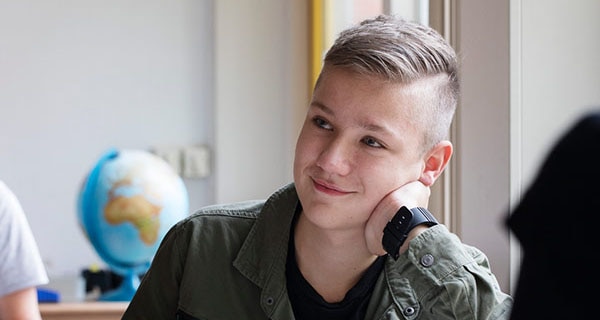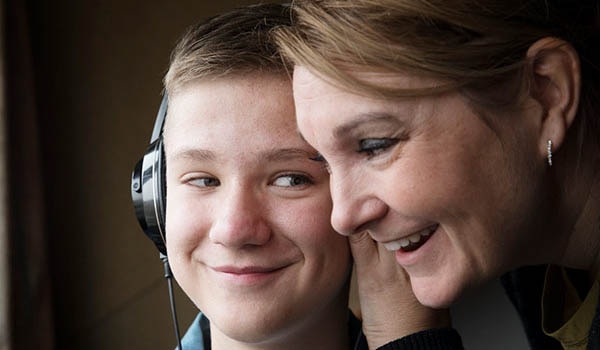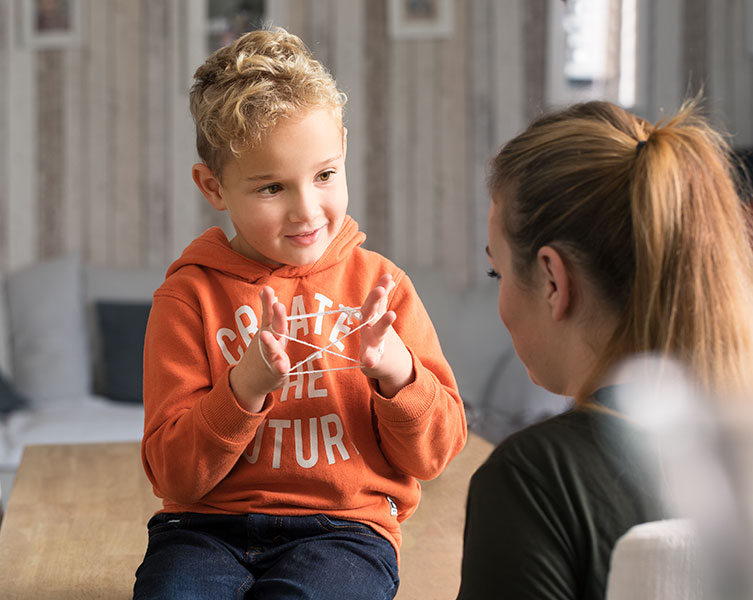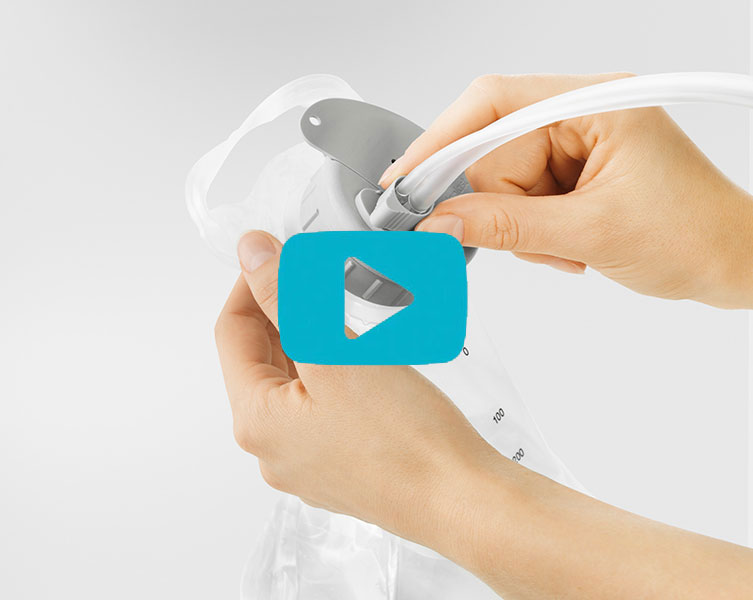12-year old Quint was born with the birth defect spina bifida. During his early development, his parents realised that not only was Quint’s ability to walk and run going to be affected – he would also have trouble with his bowel management, as the feeling of ‘needing to go’ was gone.
Meeting transanal irrigation for the first time
For the first few years of Quint’s life, he was wearing a diaper and bowel management was not an issue. But as Quint grew older, he needed a long-term solution and was thus introduced to Peristeen. Although Quint has been using it for 8 years now, the day of his first treatment will forever stand out in his parent’s minds:“The doctors told us about the bowel problems, so we had to start a bowel management routine. For us as parents that was very intriguing. We had so many questions: "How are we going to plan and arrange? How will we do it in practice? And when? It took a lot of energy".
Quint is a Peristeen with balloon catheter user (who received compensation from Coloplast to provide this information – US specific). Quint has not used the new Peristeen® Plus Transanal Irrigation system.
Despite his parent’s scepticism, Quint never really objected to the irrigation system. The device worked for him, so there was no need to try anything else: “We focused on the positive aspects of the treatment. Quint was very comfortable with it, because he understood that with Peristeen, he would have more control and be clean for 24 hours. He understood that he would be able to go to school and do things without having to worry about accidents."
This has enabled Quint to live a normal life, where he can do what other kids does: “Quint loves football. He cannot play it himself, as he cannot run like other children. But he likes to watch it. He also likes to travel and explore new things. We love to go out and make some day trips like going to the zoo, or Disney World.”

Managing a routine with a toddler
We all know that it can be difficult to make an energetic toddler sit still – even for just a few minutes. So how do you get your toddler to turn off their turbo jets during their entire TAI treatment? Quint’s parents found different kinds of entertainment to keep Quint busy: “Quint sits still when watching television or movies. That puts him at ease. As he grew older, his interest in gaming started, so we bought him a Nintendo and later, he got his own tablet. Sometimes he also does his homework.”
Quint’s parents also gradually involved him in the procedure and gave him small tasks to help getting the procedure going: “As he grew older, we tried to make Peristeen something fun that we do together. We involved him with small steps such as putting on the water, putting the catheter on the device and so on. But every year is new for us. Soon he will reach puberty and be completely independent.”
Best advice for parents
It can be difficult to grasp how you should go about your child’s Peristeen treatment – and there is no wrong or right. All children are different and finding a routine that works for you, is trial and error. However, Quint’s parents explain what worked in their situation and offer their best advice for parents in a similar situation:
- Tell the child what is going to happen and that it’s not going to hurt. We always told Quint “Okay, now we're doing that and then we're doing that”, so he knew what to expect.
- Ask questions, so you ensure a good, gentle routine: "What do you feel? Does it hurt? Does anything feel inconvenient?"
- Focus on the positive outcomes of the procedure: it’s going to relieves accidents and help your child stay clean for a certain period of time.
- Make your child feel at ease while performing their procedure: distract your child with a movie, homework, games or try to read a book.
- Praise and encourage your child, when the procedure is finished: We often tell Quint: “We're proud of you, and you did it!"
- Use treats or rewards: Give a reward, or make it a game - not to seriously, but something nice and funny. Eg. make a list of things that make your child earn points that converts into a small gift.




